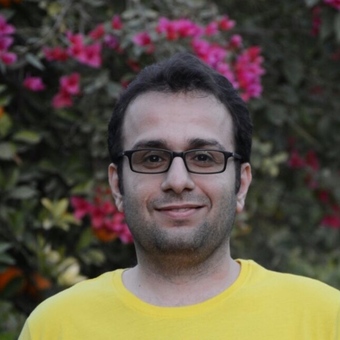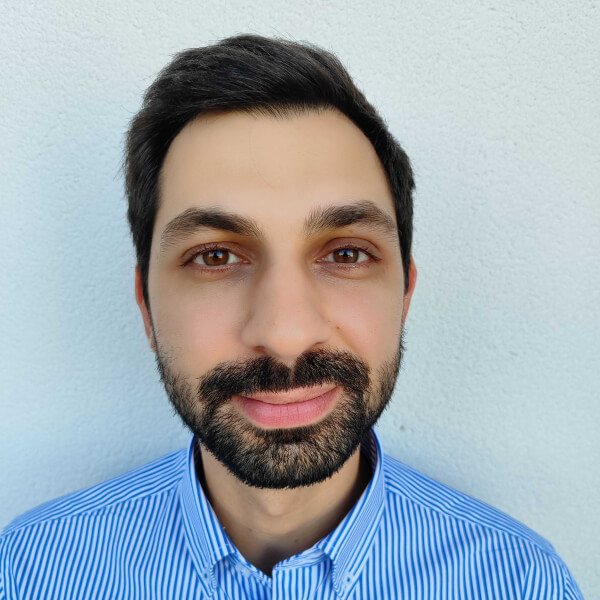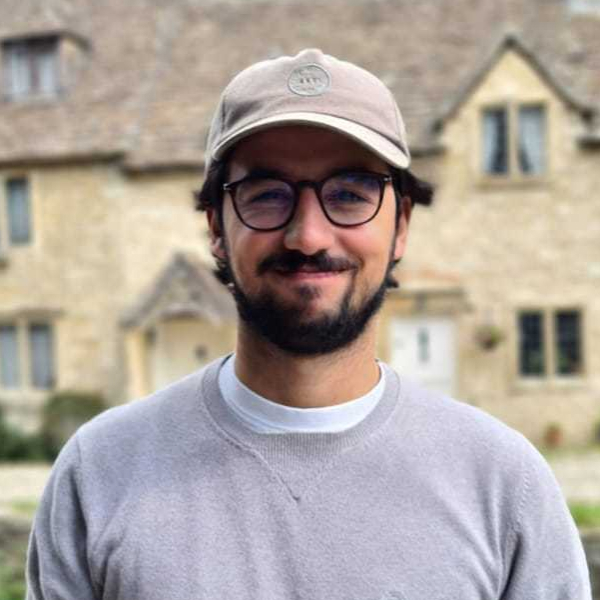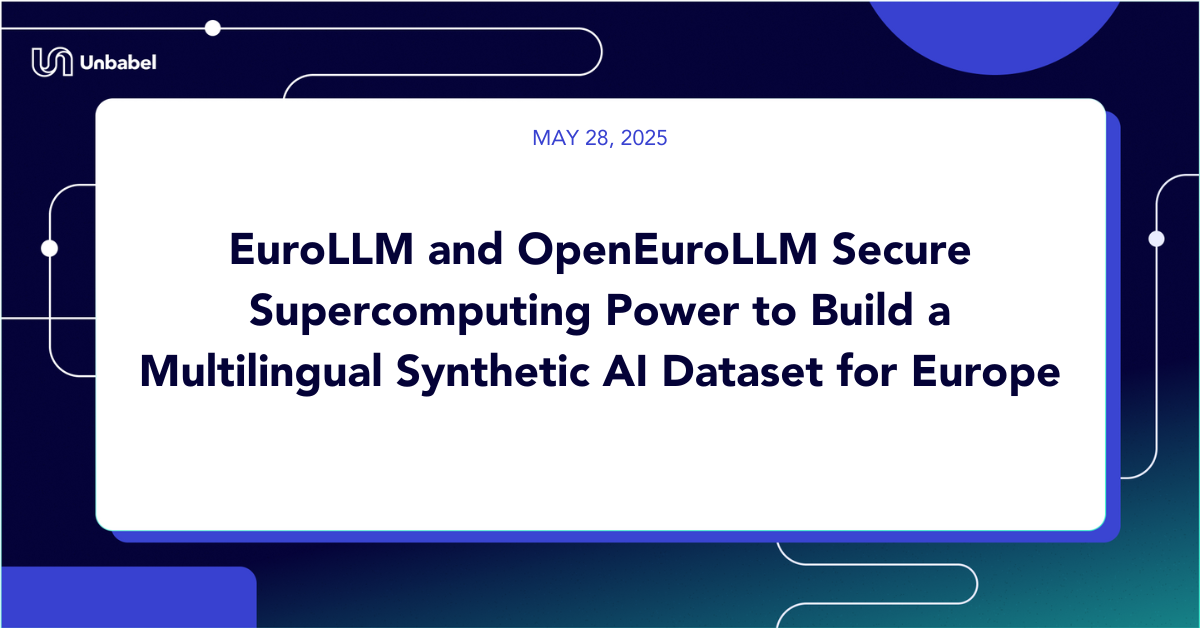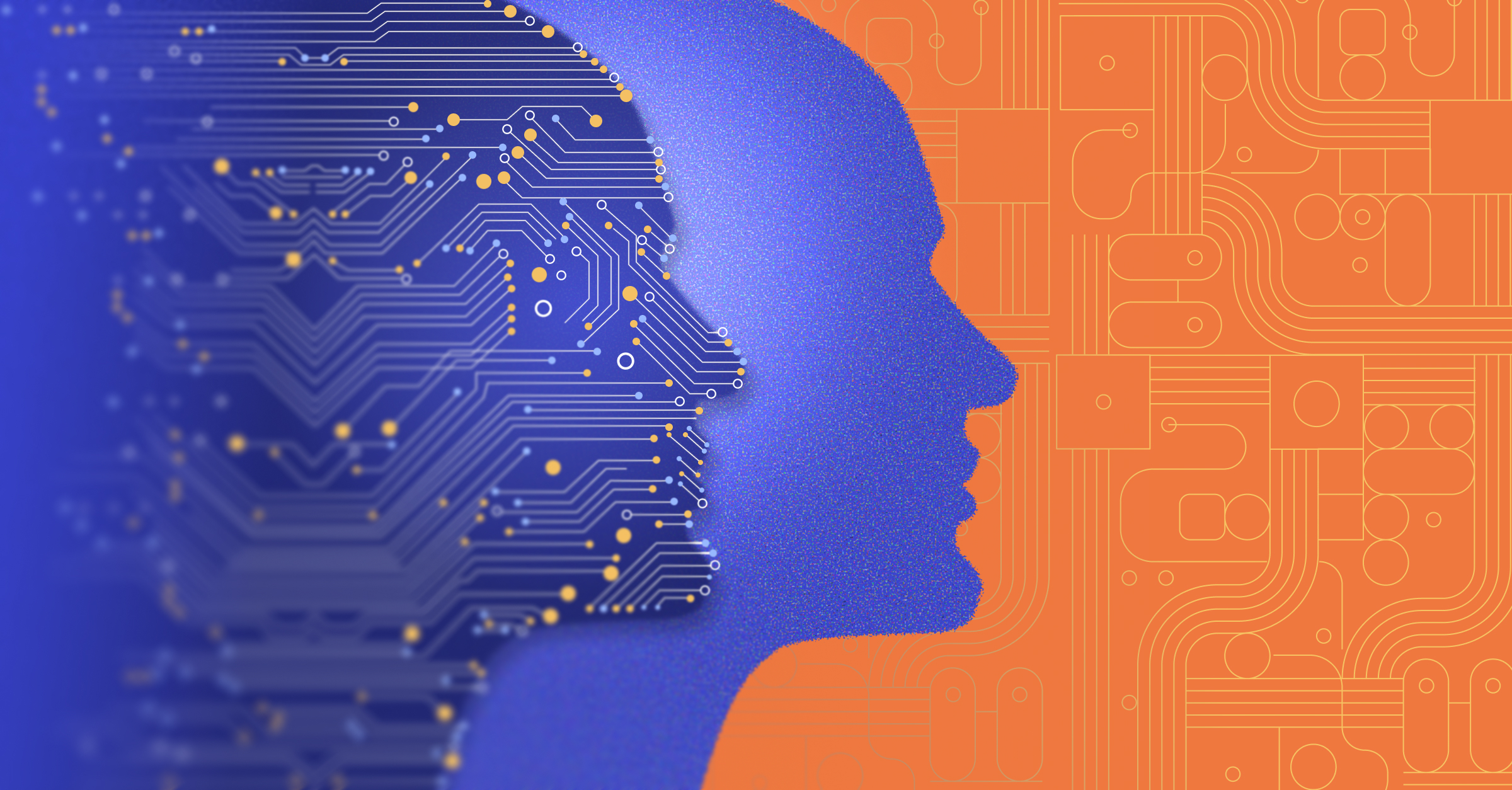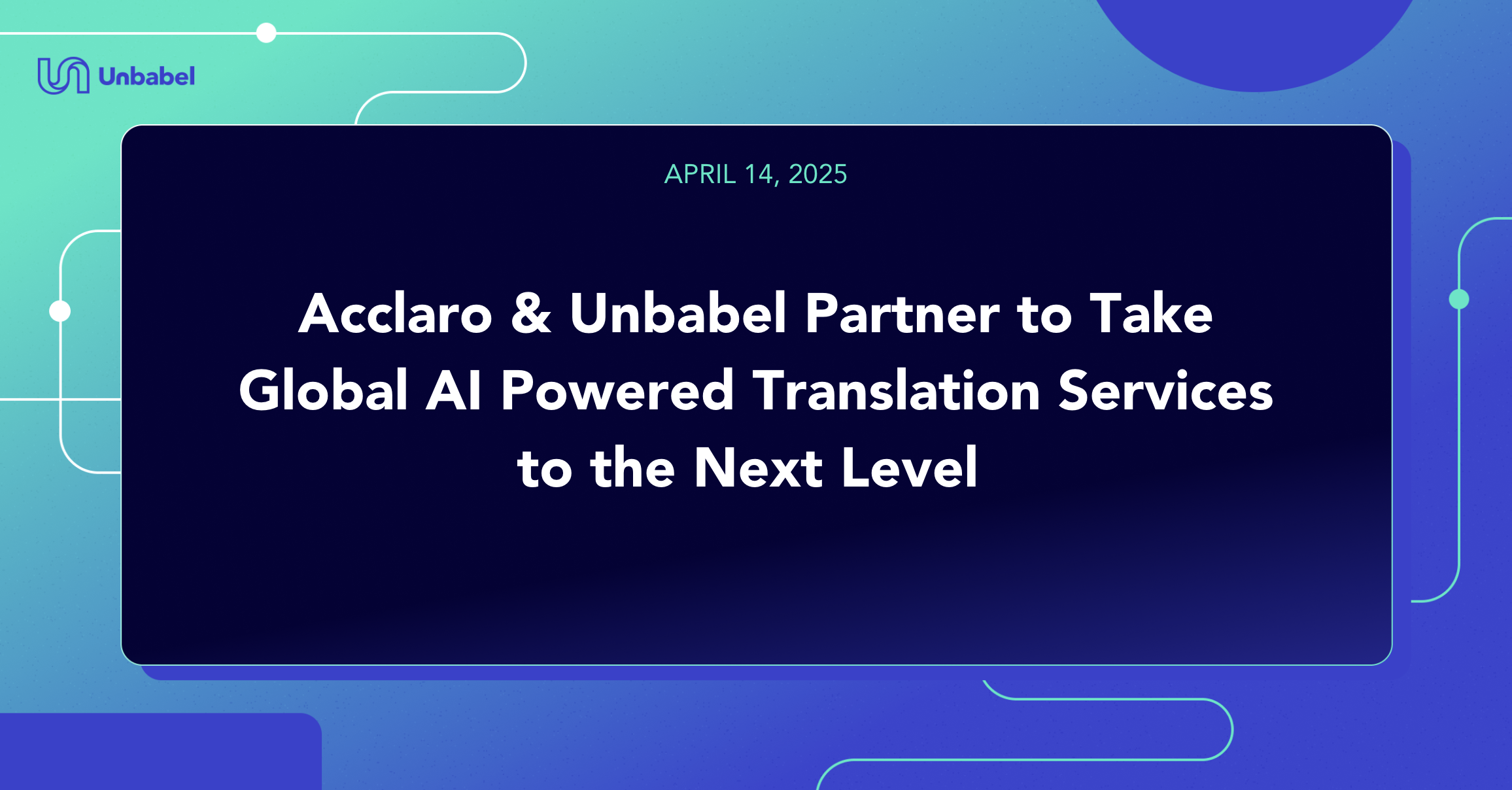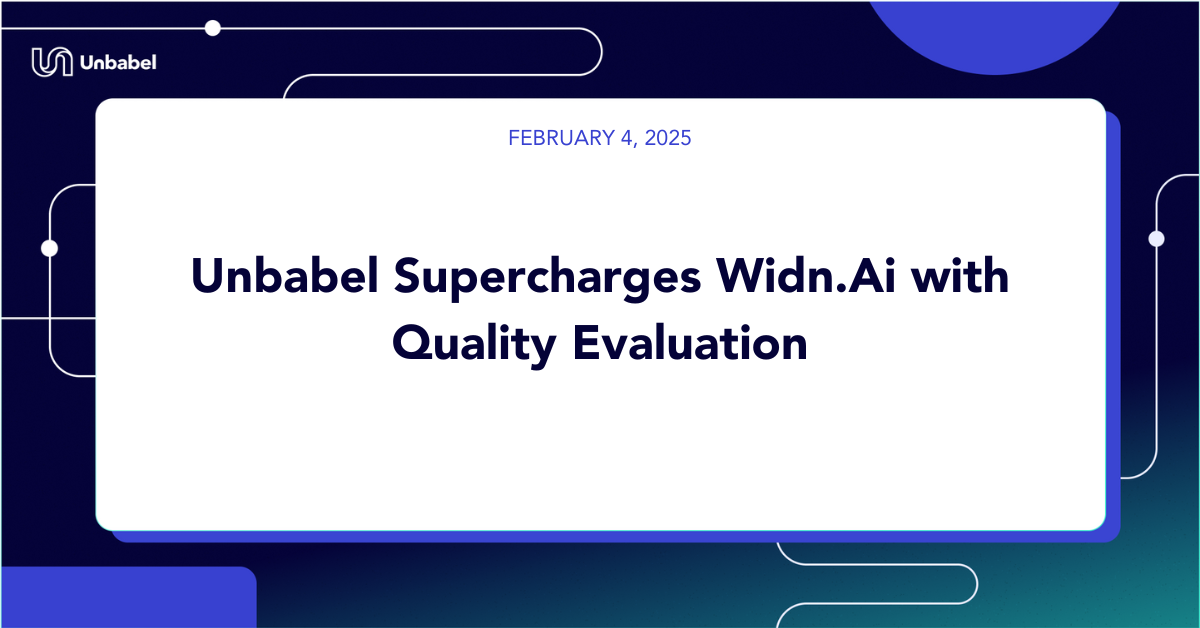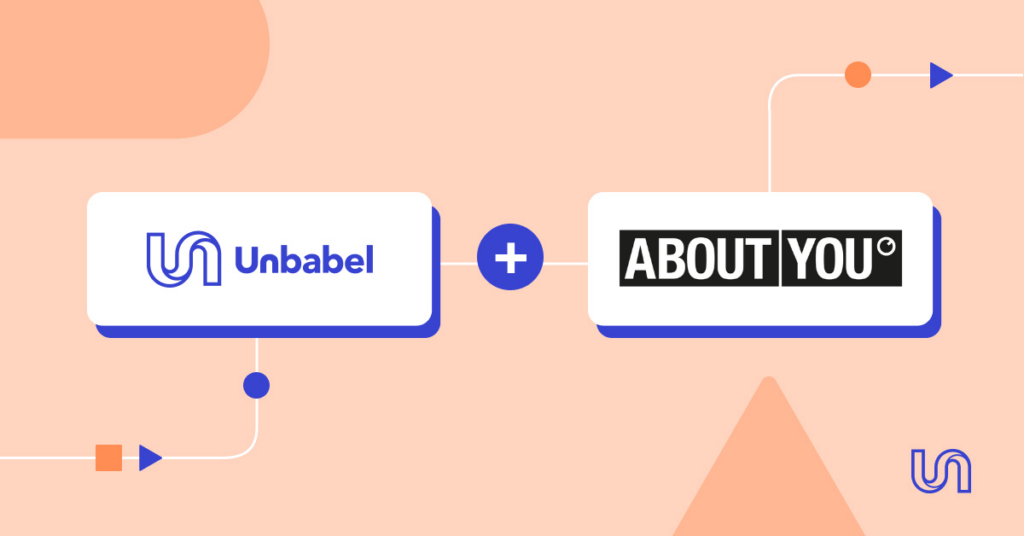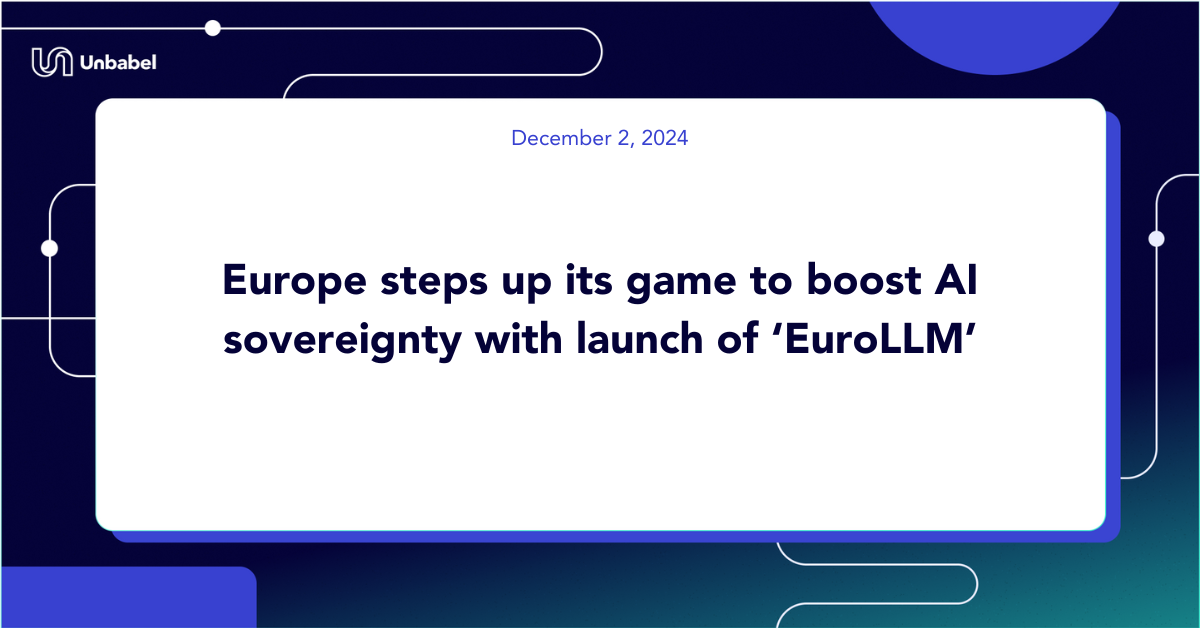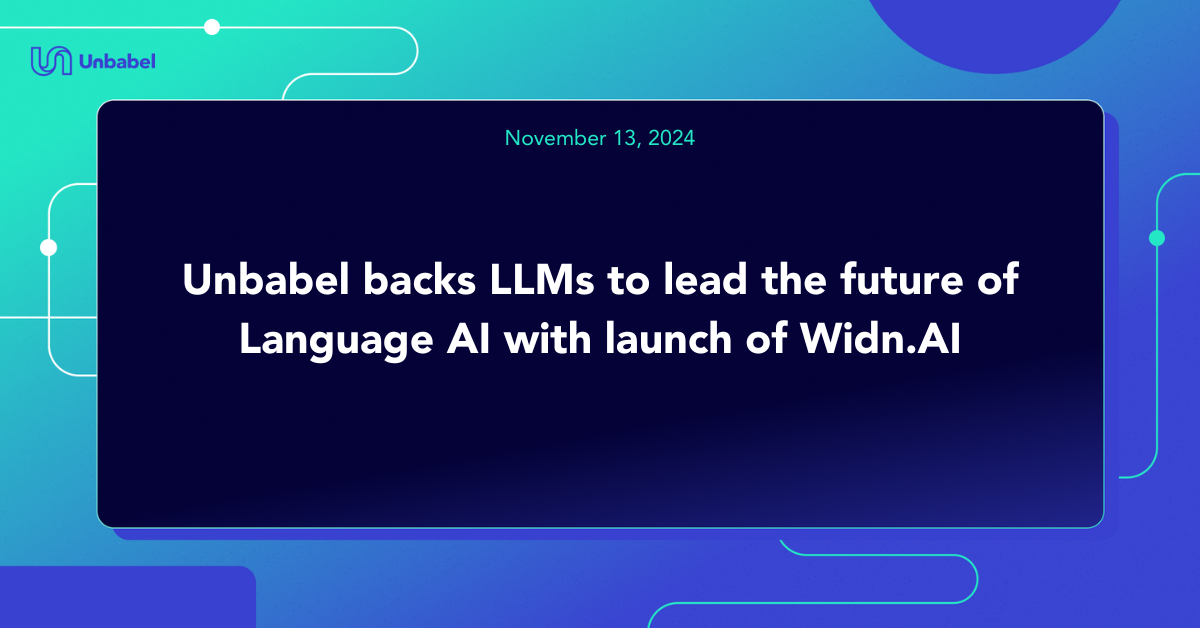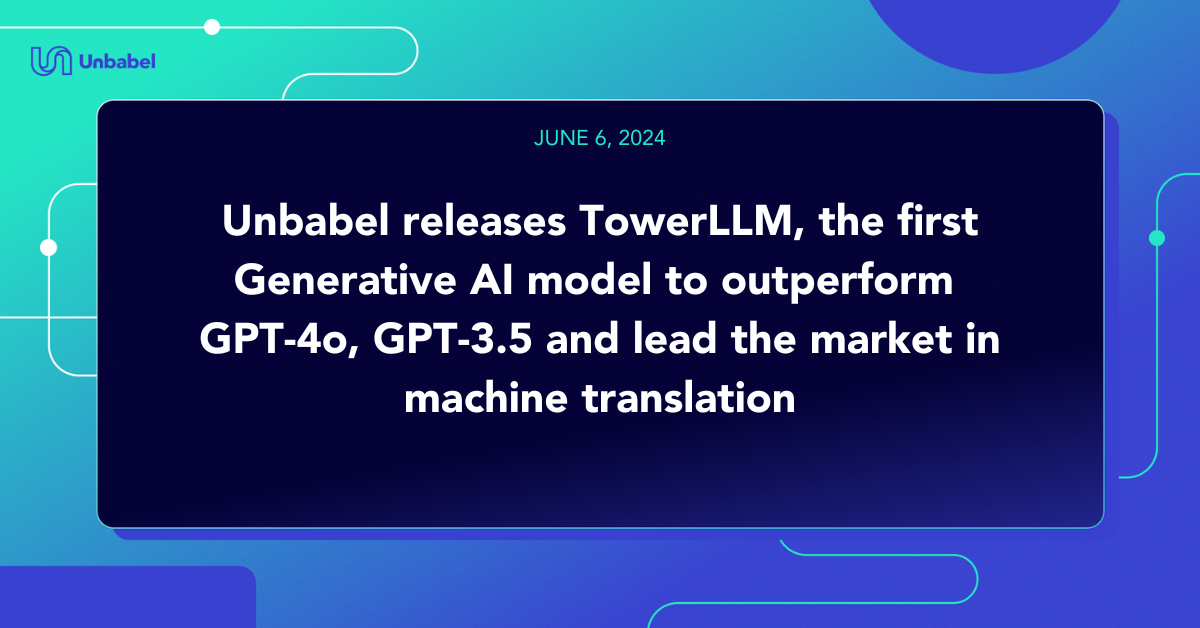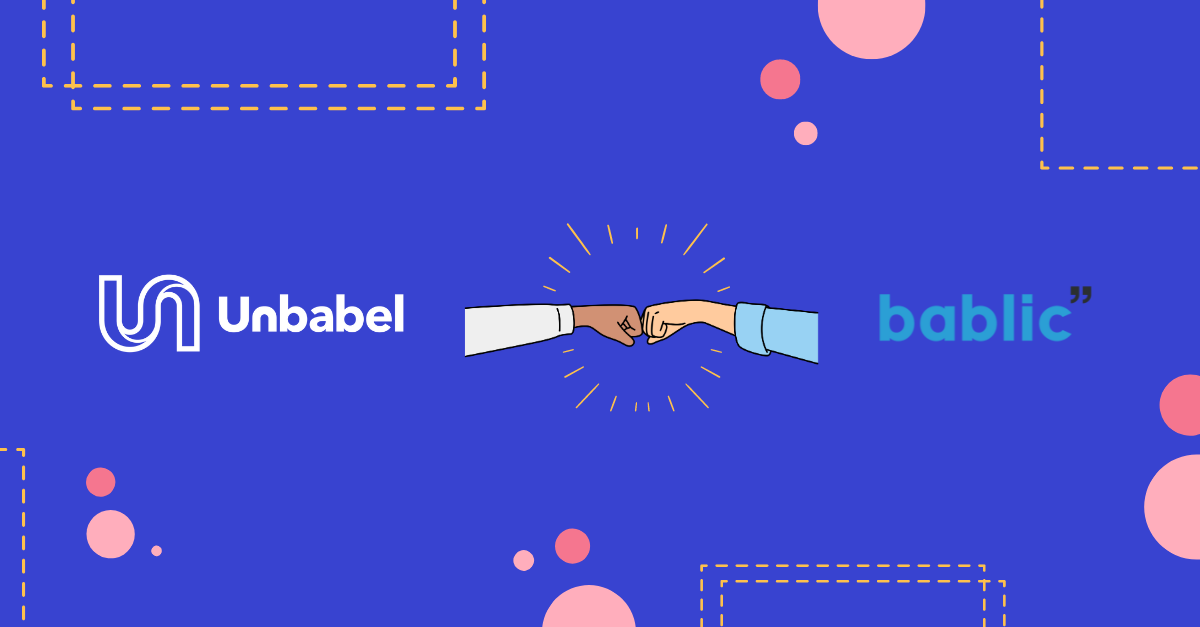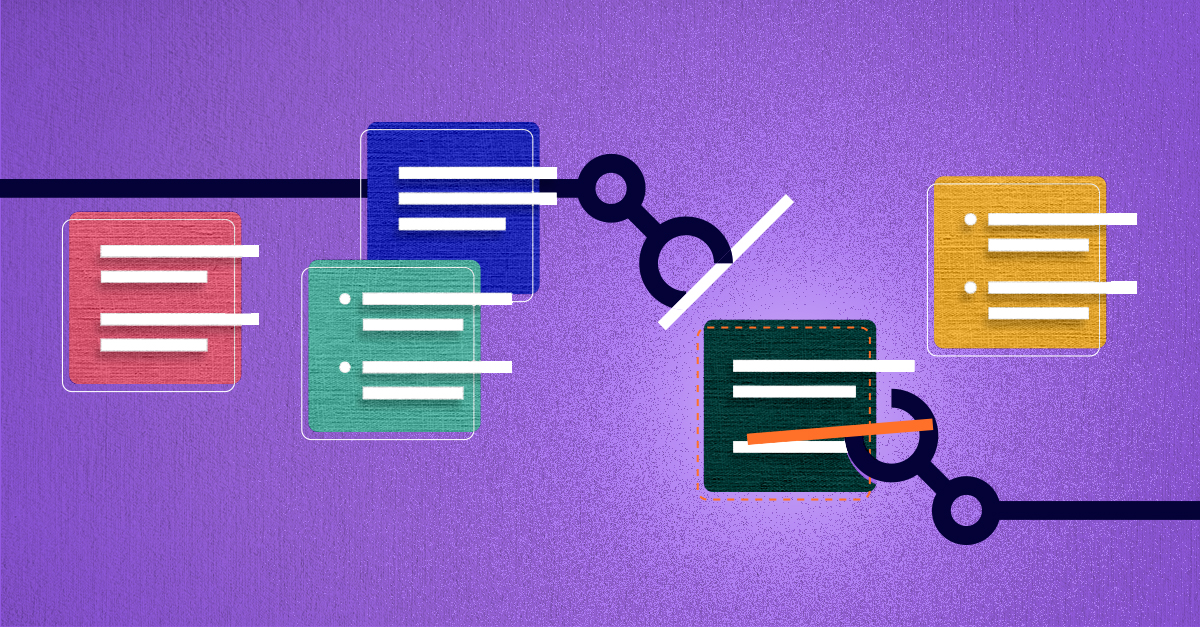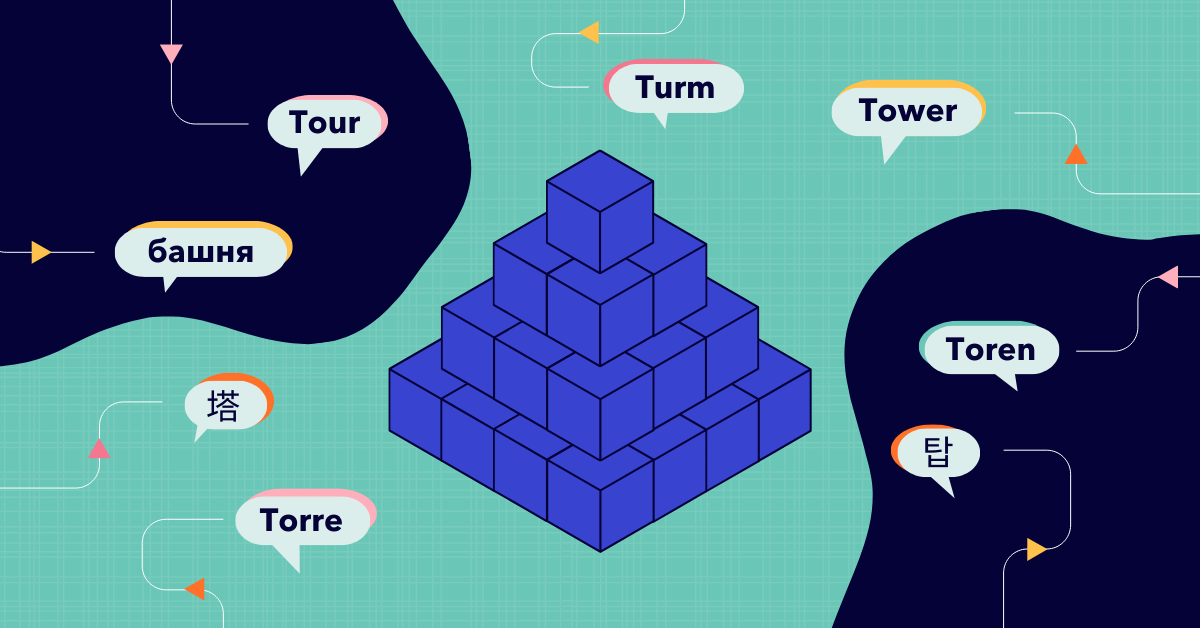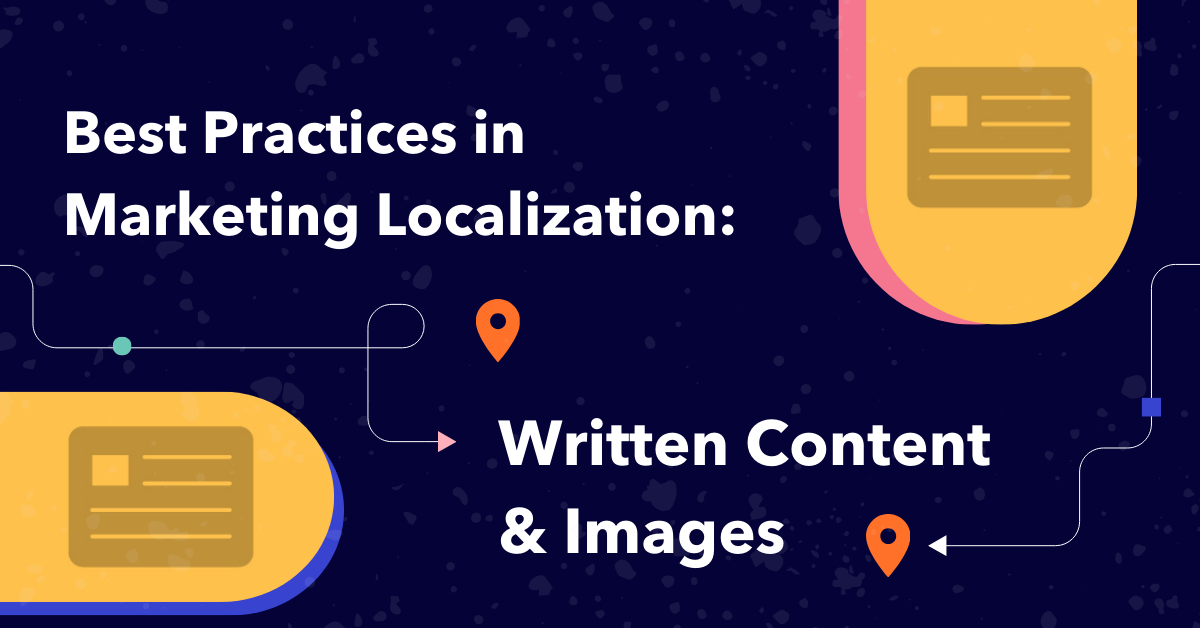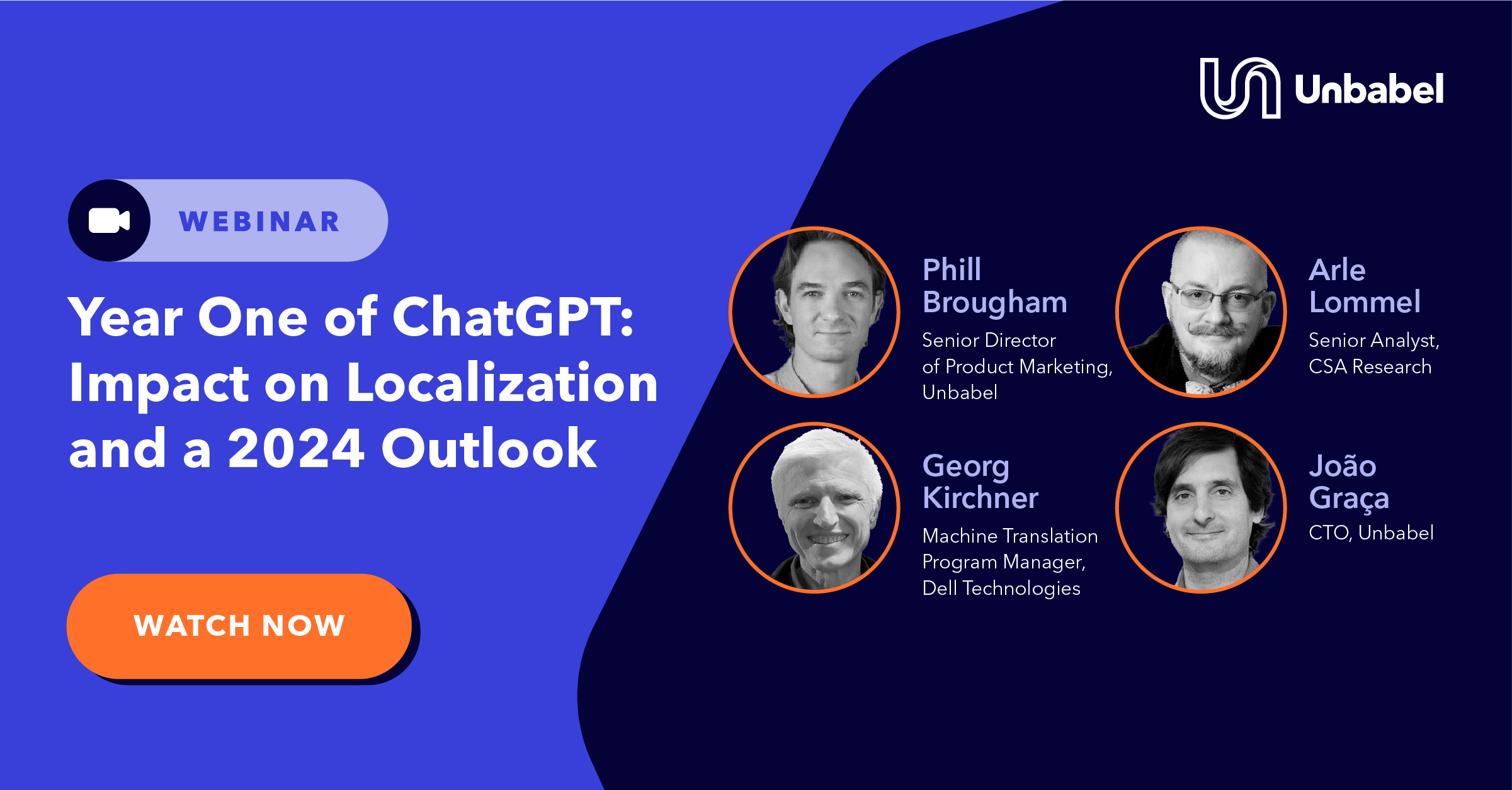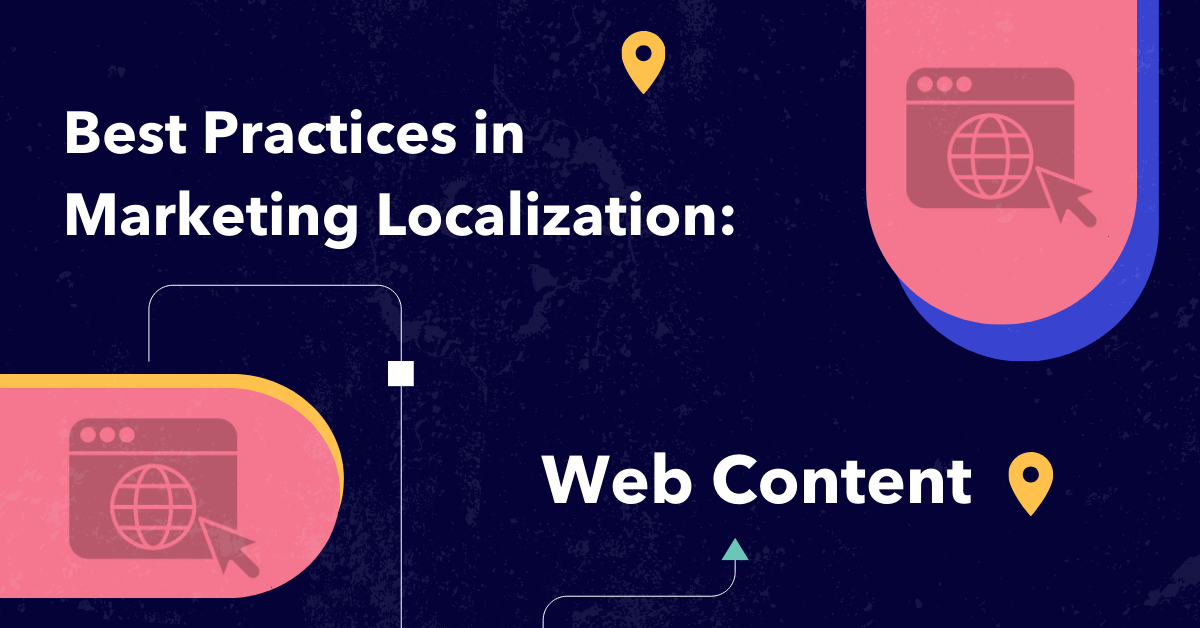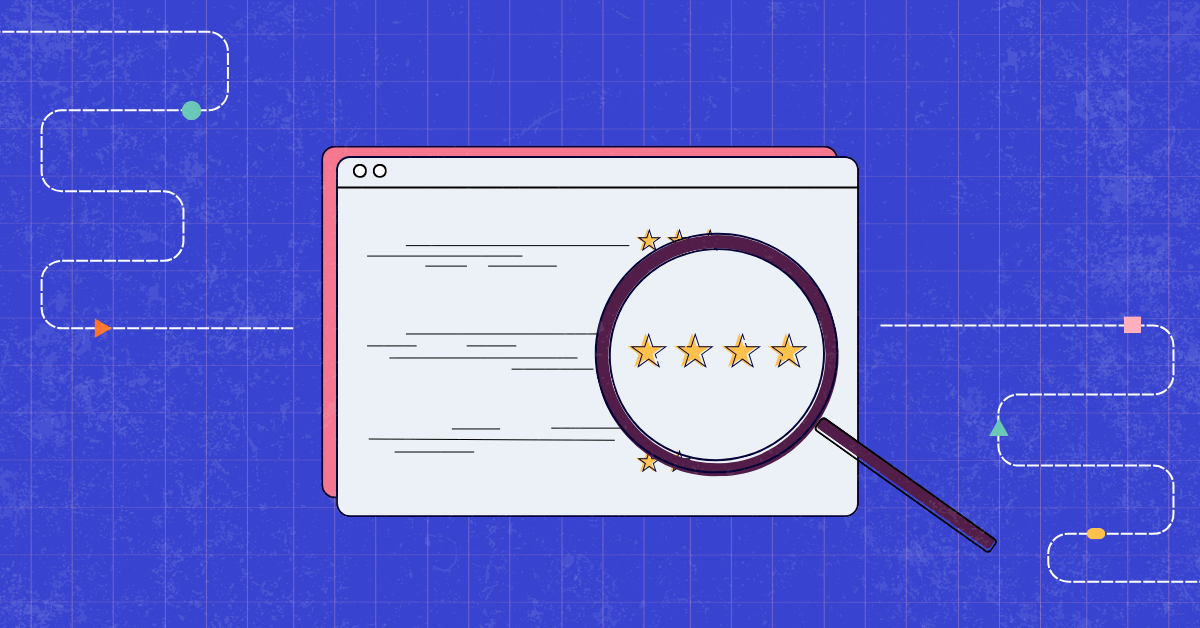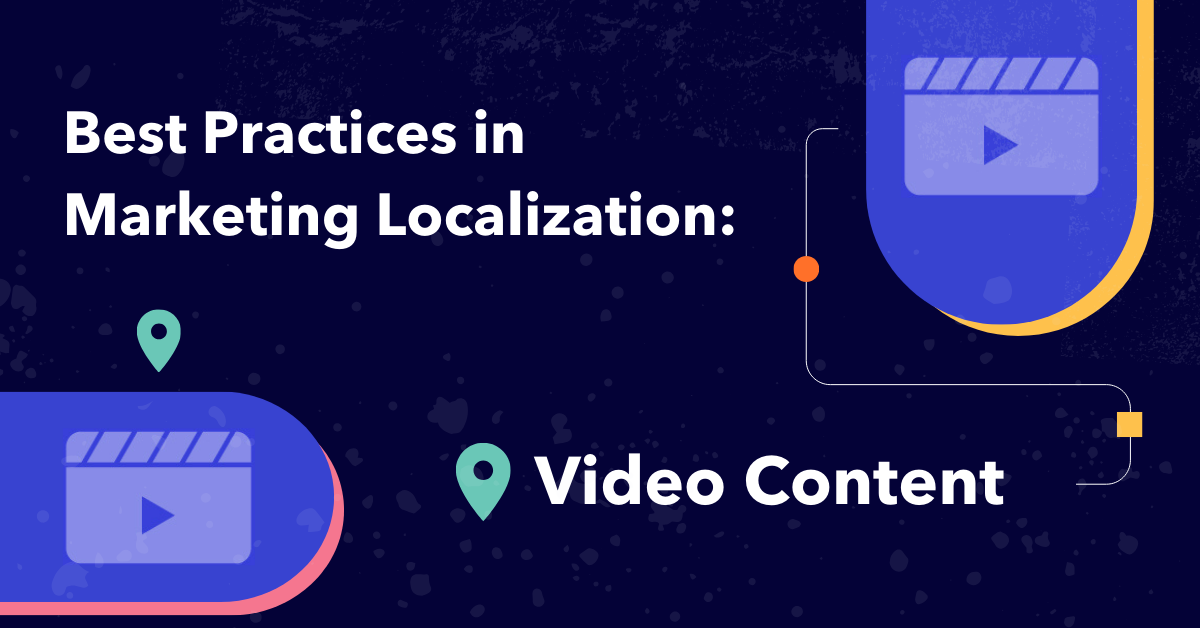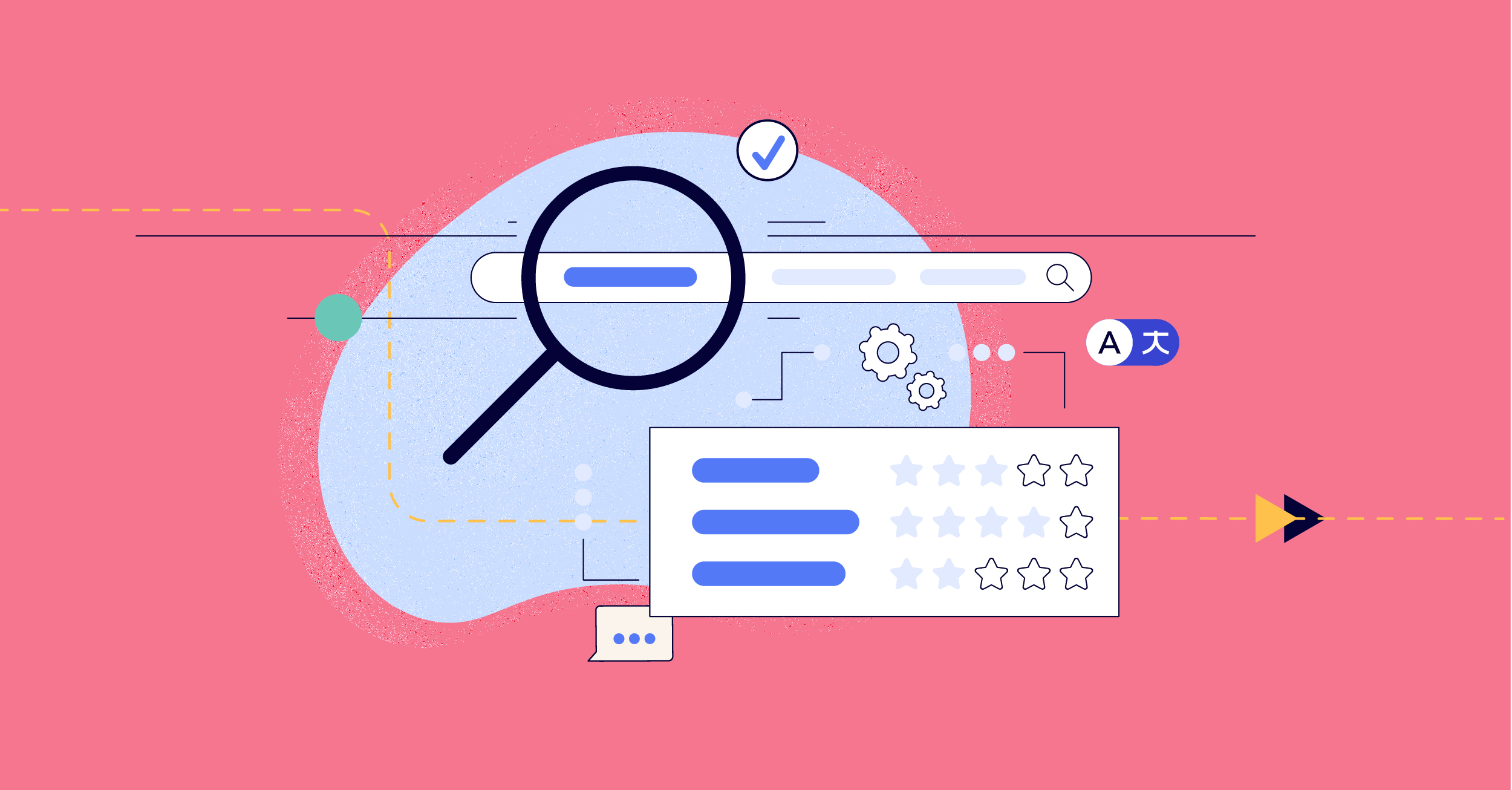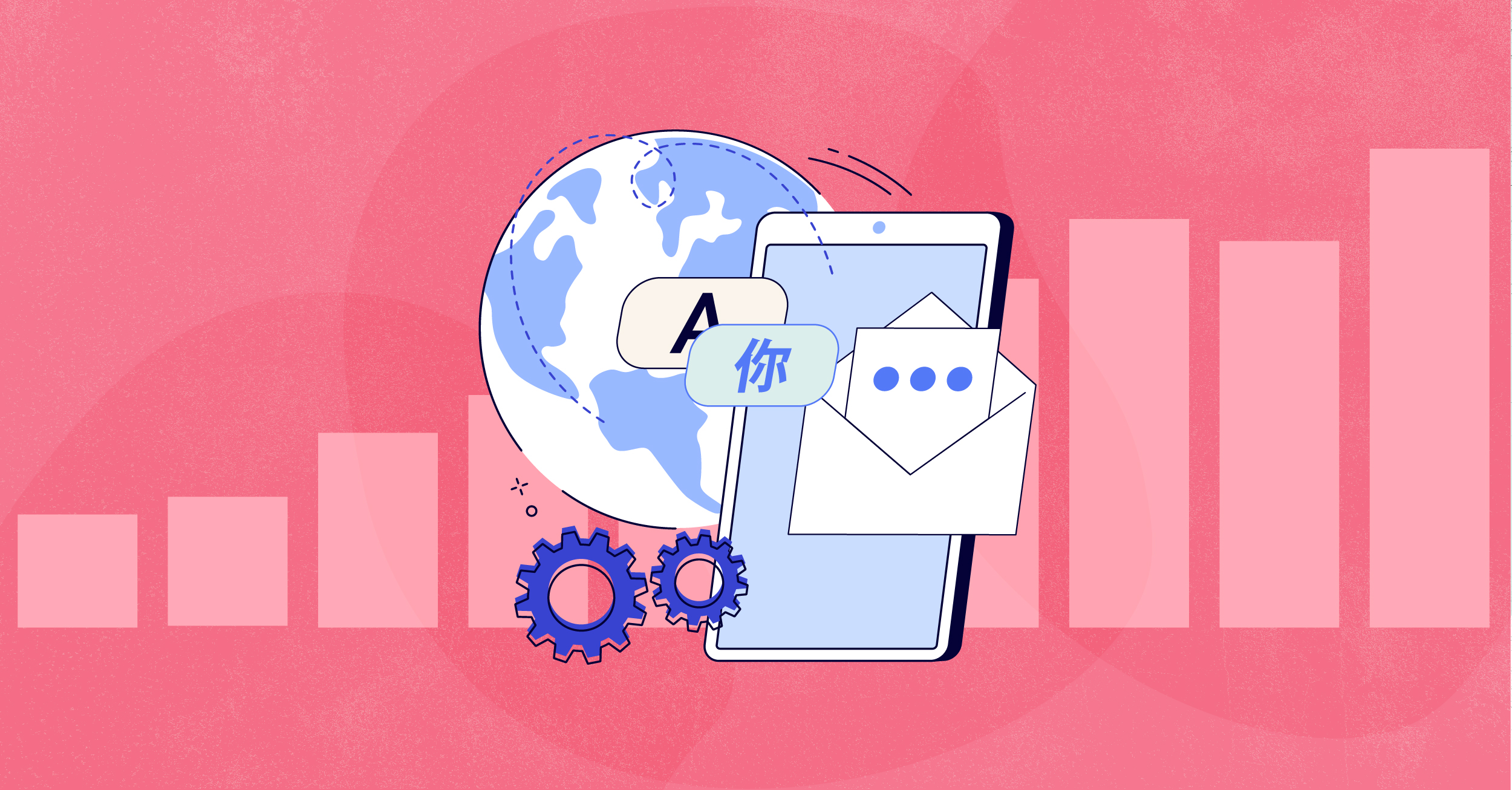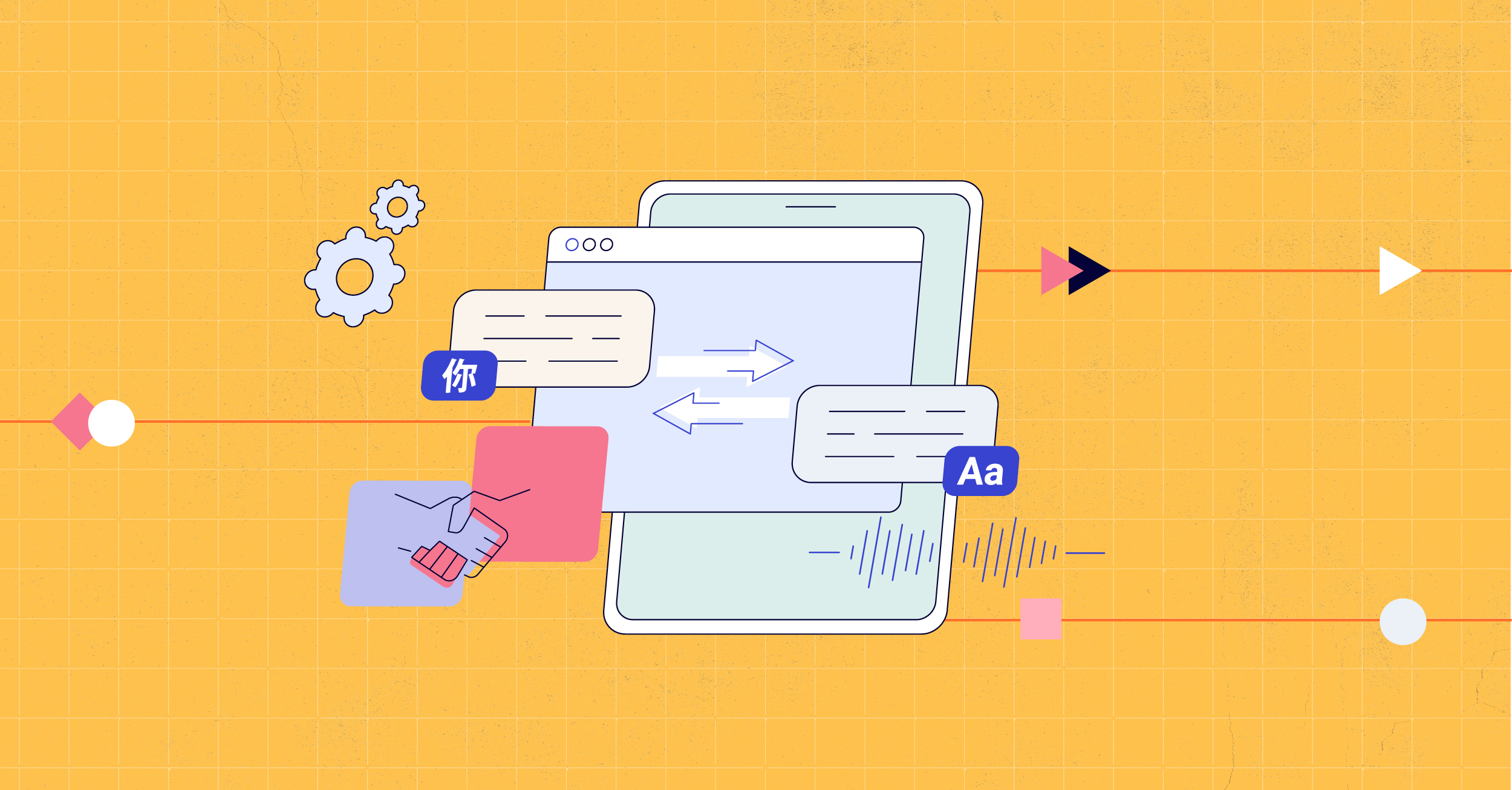We’ve assembled a diverse team of experts in the AI and NLP fields. Their unparalleled research and award-winning breakthroughs continues to set industry standards, taking us closer to our vision: creating a world without language barriers.
Leading voices in the field
Our research team is changing the way humans communicate
-

João Graça
Co-Founder and Chief Technology Officer
-

André Martins
VP of Research
-

Paulo Dimas
VP of Product Innovation
-

M. Amin Farajian
Senior AI Research Scientist
-

Fabio Kepler
Senior AI Research Scientist
-

Catarina Farinha
AI Research Manager
-

João Alves
AI Research Scientist
-

Daan van Stigt
Senior AI Research Scientist
-

Nuno André
Senior Grants Coordinator
-

Vera Cabarrão
Senior AI Quality Manager
-

Marianna Buchicchio
Senior Manager AI Quality
-

João Godinho
Senior AI Research Engineer
-

Pedro Mota
Senior AI Research Engineer
-

Nuno Guerreiro
AI Research Scientist
-

José Pombal
AI Research Scientist
-

Pedro Martins
Senior AI Research Scientist
-

Muhammad Bilal
Senior Backend Engineering Manager
Projects
Center for Responsible AI
The Center for Responsible AI is one of the largest centers dedicated to Responsible AI, bringing together ten startups, eight research centers, a law firm, and five industry leaders, that will collaborate to develop 21 innovative AI products leveraged by Responsible AI technologies such as equity, explainability, and sustainability. The center is co-funded by the Portuguese PRR.
UTTER
UTTER – Unified Transcription and Translation for Extended Reality – is a collaborative Research and Innovation project funded under Horizon Europe that aims to leverage large language models to build the next generation of multimodal eXtended reality (XR) technologies for transcription, translation, summarisation, and minuting. UTTER’s use-case prototypes will cover (i) a personal assistant for meetings that can improve communication in the online world and (ii) an advanced customer service assistant to support global markets.
QUARTZ
QUARTZ (“Quality-Aware Machine Translation”) is a cutting edge research project funded by the ELISE Open Call to build Responsible MT for conversational data: high-quality MT to unlock new markets where critical MT errors can’t be tolerated.
MAIA
MAIA will employ cutting-edge machine learning and natural language processing technologies to build multilingual AI agent assistants, eliminating language barriers. MAIA’s ‘translation layer’ will empower human agents to provide customer support in real-time, in any language, with human quality.
User-Focused Marian
Improve the pre-existing neural machine translation toolkit “Marian” to address the needs of CEF eTranslation and to broaden its user base (H2020 Co-Funded Project). Terminology, on-the-fly domain adaptation, better documentation and GPU optimization are the focus areas in this Marian iteration.
MT4ALL
Aims at building data for under-resourced languages in fields of public interest, such as Health and Justice. It’ll contribute to the CEF Automated Translation Building block by enlarging its coverage for language pairs and domains for which parallel data does not exist (H2020 Co-Funded Project).
Unbabel4EU
We’re working on advancing European language engines for borderless business communication. Create Europe’s Translation Layer, specifically, by enabling seamless human-quality translation between any pairing of the 24 official languages of the EU in different content types such as Email, Chat and Listings (P2020 Co-Funded Project).
APE-QUEST
Setting up a quality gate and crowdsourcing workflow to improve translation quality in specific domains. Boost CEF eTranslation with Automated Post-Editing (APE) & Quality Estimation (QE) for Electronic Exchange of Social Security Information (EESSI) and Online Dispute Resolution (ODR) DSIs and related national services (H2020 Co-Funded Project).
INTERACT
Timely and accurate communication is essential for crisis management, but what if the only information available to you is in a language you cannot understand? Created to answer the need for quality translation in health-crisis scenarios, INTERACT is an interdisciplinary European project.
Unbabel Scribe
Transcription can be a big piece of translation flows, especially when it comes to audiovisual content. This project aims to research & develop a technical solution for automatic transcription and translation of audiovisual content by leveraging a community of human translators (P2020 Co-Funded Project).
DeepSPIN
Deep learning is revolutionizing the field of Natural Language Processing (NLP), with breakthroughs in machine translation, speech recognition, and question answering. New language interfaces (digital assistants, messenger apps, customer service bots) are emerging as the next technologies for seamless, multilingual communication among humans and machines.
Unbabel’s Internationalization Plan
Unbabel’s Internationalization Plan (“Unbabel 2017-2019: Plano de Internacionalização”) is a project led by Unbabel and co-funded by Portugal 2020 – Sistema de Incentivos à Internacionalização das PME.
Unbabel 2017: A new ecosystem of Machine + Crowd Translation
“Unbabel 2017: A new ecosystem of Machine + Crowd Translation” is a project led by Unbabel and co-funded by Portugal 2020 – Sistema de Incentivos à Investigação e Desenvolvimento Tecnológico (SI I&DT)
Projects & publications
MT-Telescope
MT-Telescope provides a fine-grained, visual comparison of the quality performance of two machine translation (MT) systems. It lifts the hood on the automatic quality score, allowing users to filter quality performance by keywords, terminology, and segment length. MT-Telescope is available as open-source to benefit the wider MT R&D community.
COMET
COMET (Crosslingual Optimized Metric for Evaluation of Translation) is a new neural framework for training multilingual machine translation (MT) evaluation models. COMET predicts human judgments of MT quality. This “ready to use” trained COMET model is available as open-source to benefit the wider MT R&D community.
MAIA
MAIA will employ cutting-edge machine learning and natural language processing technologies to build multilingual AI agent assistants, eliminating language barriers. MAIA’s ‘translation layer’ will empower human agents to provide customer support in real-time, in any language, with human quality.
User-Focused Marian
Improve the pre-existing neural machine translation toolkit “Marian” to address the needs of CEF eTranslation and to broaden its user base (H2020 Co-Funded Project). Terminology, on-the-fly domain adaptation, better documentation and GPU optimization are the focus areas in this Marian iteneration.
MT4ALL
Aims at building data for under-resourced languages in fields of public interest, such as Health and Justice. It’ll contribute to the CEF Automated Translation Building block by enlarging its coverage for language pairs and domains for which parallel data does not exist (H2020 Co-Funded Project).
Unbabel4EU
We’re working on advancing European language engines for borderless business communication. Create Europe’s Translation Layer, specifically, by enabling seamless human-quality translation between any pairing of the 24 official languages of the EU in different content types such as Email, Chat and Listings (P2020 Co-Funded Project).
OpenKiwi
Quality estimation (QE) is one of the challenges in MT: it evaluates a system’s quality without access to reference translations. We released OpenKiwi, a PyTorch-based open-source framework that implements the best QE systems from WMT 2015-18 shared tasks. The accompanying paper won the best system paper at ACL 2019.
APE-QUEST
Setting up a quality gate and crowdsourcing workflow to improve translation quality in specific domains. Boost CEF eTranslation with Automated Post-Editing (APE) & Quality Estimation (QE) for Electronic Exchange of Social Security Information (EESSI) and Online Dispute Resolution (ODR) DSIs and related national services (H2020 Co-Funded Project).
INTERACT
Timely and accurate communication is essential for crisis management, but what if the only information available to you is in a language you cannot understand? Created to answer the need for quality translation in health-crisis scenarios, INTERACT is an interdisciplinary European project.
Unbabel Scribe
Transcription can be a big piece of translation flows, especially when it comes to audiovisual content. This project aims to research & develop a technical solution for automatic transcription and translation of audiovisual content by leveraging a community of human translators (P2020 Co-Funded Project).
DeepSPIN
Deep learning is revolutionizing the field of Natural Language Processing (NLP), with breakthroughs in machine translation, speech recognition, and question answering. New language interfaces (digital assistants, messenger apps, customer service bots) are emerging as the next technologies for seamless, multilingual communication among humans and machines.
Open-source tools
XCOMET
XCOMET is a cutting-edge, open-source metric designed to be more interpretable and better aligned with MQM human evaluations. XCOMET combines sentence-level evaluation, similar to neural metrics such as COMET and BLEURT, and error span detection capabilities.
TowerLLM
TowerLLM is a suite of multilingual large language models (LLM) optimized for translation-related tasks ranging from pre-translation, to translation and evaluation tasks, such as machine translation (MT), automatic post-editing (APE), and translation ranking. Tower is built on top of LLaMA2 [1], comes in two sizes — 7B and 13B parameters —, and currently supports 10 languages.
CometKiwi XL
CometKiwiXL is large language model (LLM) specialized in predicting the quality of a translation. CometKiwi XL (3.5B) and CometKiwi XXL (10.7B) are the open-sourced versions of our state-of-the-art Quality Estimation model.
MT-Telescope
MT-Telescope provides a fine-grained, visual comparison of the quality performance of two machine translation (MT) systems. It lifts the hood on the automatic quality score, allowing users to filter quality performance by keywords, terminology, and segment length. MT-Telescope is available as open-source to benefit the wider MT R&D community.
COMET
COMET (Crosslingual Optimized Metric for Evaluation of Translation) is a new neural framework for training multilingual machine translation (MT) evaluation models. COMET predicts human judgments of MT quality. This “ready to use” trained COMET model is available as open-source to benefit the wider MT R&D community.
OpenKiwi
Quality estimation (QE) is one of the challenges in MT: it evaluates a system’s quality without access to reference translations. We released OpenKiwi, a PyTorch-based open-source framework that implements the best QE systems from WMT 2015-18 shared tasks. The accompanying paper won the best system paper at ACL 2019.
Awards
Eighth Conference on Machine Translation
Winners of the WMT 2023 QE Shared Task
Eighth Conference on Machine Translation
Winners of the WMT 2023 Metrics Shared Task
COMET22
Winning submission for the Chinese-English language pair and the second best for the other two language pairs in the WMT2022 Metrics shared task
CometKiwi
Winning submission of the WMT 2022 Quality Estimation (QE) shared task
Best Presentation award for the Users and Providers track
AMTA Conference 2022
Best Paper Award
EAMT Conference 2022 ( Title: Searching for Cometinho: The Little Metric That Could)
Most Innovative Company
Most Innovative Company (at the Game Changer Innovation Contest), TAUS (Translation Automation User Society)
2015, 2017Best Global Machine Translation Quality Estimation System
WMT – Conference on Machine Translation,
2016, 2019Best Global Machine Translation Automatic Post-Editing System
WMT – Conference on Machine Translation,
2019Best System Demonstration Award
Association for Computational Linguistics,
2019Blending Human & Artificial Intelligence
Blending Human & Artificial Intelligence, in partnership with Concentrix, UK, National Innovation Awards,
2019Best Innovation in Customer Service
Best Innovation in Customer Service, in partnership with Concentrix, ECCCSA – European Contact Center and Customer Service Awards,
2019Best use of AI and associated technologies
Best use of AI and associated technologies, in partnership with Microsoft, ECCCSA – European Contact Center and Customer Service Awards,
2019Most Innovative Artificial Intelligence Startups for Disruptive Technology
List of Most Innovative Artificial Intelligence Startups for Disruptive Technology of the Year, CBInsights,
2019Most Innovative Companies
Fast Company’s Annual List of the World’s Most Innovative Companies for 2020, Fast Company,
2020Product of the Year Award Winner
Product of the Year Award Winners, presented by CUSTOMER magazine,
2021Best Explainability Approach Award
Workshop on Evaluation & Comparison of NLP Systems, Co-located at EMNLP,
2021












